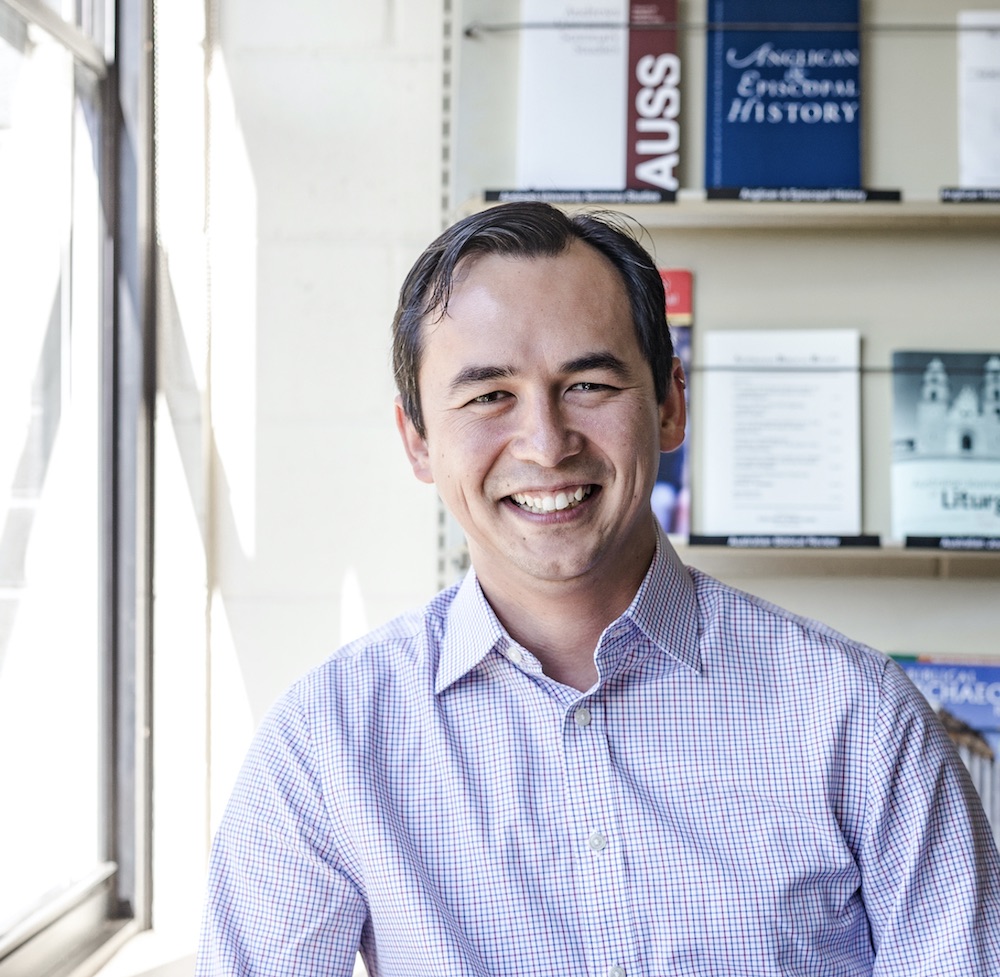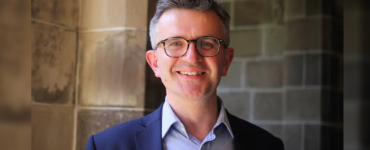One of the phrases that must be in contention for the phrase of the year contest is ‘the new normal.’ Just searching the news gives over a million hits in the last month alone. But the rapid reoccurrence of this phrase should give us pause for thought. According to n-gram tracking the last time we saw this big a spike in the phrase ‘the new normal’ was as the world sought to adjust after the trauma of the Great Depression. Indeed, although sometimes it may feel overblown, trauma is the correct framework to consider our COVID experience. Michelle Balaev defines trauma as a ‘severely disruptive experience that profoundly impacts the self’s emotional organization and perception of the external world’ (2018).
Undoubtedly this is what we have experienced in our recent pandemic. The experience of COVID has profoundly reshaped our own emotional organisation, we are all feeling rather more fragile these days. So too our perception of the external world: others are now evaluated as viral threats as can be seen from our political rhetoric about borders reopening through to an increase in racially motivated slurs and violence. This ‘new normal’ is a post-traumatic ‘normal.’
Freud, in his 1920 reflections on trauma observes that the post-traumatic experience is marked by ‘the compulsion to repeat’ the memory of trauma in order to try and find a way out of this new reality. This was famously observed in 1973 with the psychological attraction and allegiance of hostages with their captors in a Stockholm bank robbery gone awry—later termed Stockholm Syndrome. The pattern of compulsively repeating the traumatic events led the hostages to ‘resolve’ the trauma by feeling attraction and identification with the hostage takers.
Paul too appears to display the same pattern of repetition in his auto-biographical reflection on the relationship between sin and law in Romans 7. Here he finds himself repeating the same actions over and over again, despite knowing and feeling a different pull of his heart. His cry of ‘for I do not do the good I want, but the evil I do not want is what I do’ rings true for us—not just in this post-pandemic society. The trauma of sin has caused a compulsion to repeat the sin itself—a fulfilling of the traumatic experience.
Yet for Paul there is a means of resolving this cyclical reliving of the trauma, in a new narrative generated through the rescue of Jesus (Rom 7:25). He continues on in Romans 8 to wax lyrical on the release given through Christ—effectively building a new narrative of his post-traumatic experience. So too for us, the challenge in this period will be to build a new narrative—individually and culturally—in this post-COVID society. One that is not predicated upon the repetition of traumatic events and actions. One I pray that will be built upon the pattern of Christ.

Chris Porter is a New Testament scholar working on the Fourth Gospel with a particular emphasis in the intersection of theology and psychology. He is currently a Post-Doctoral Research Fellow at Trinity College Theological School.






Add comment